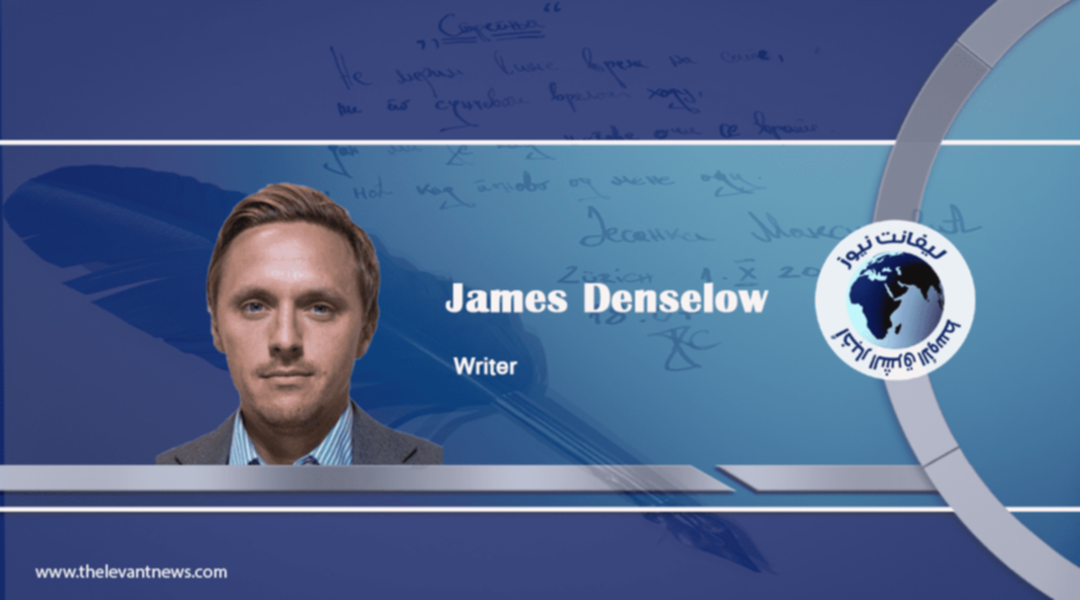-
Global Trade Post-Suez

It is a feature of human history that complex trends and periods of time can be encapsulated by a single incident of an image that seems to describe the narrative in such simple terms. The Covid Pandemic has placed a hold on the global movement of people and goods like never before in the era of globalisation, yet not the changing polices and paperwork nor the empty skies and airports has symbolised this in the same way that the “Ever Given” ship blocking the Suez Canal did.
Firstly, the ship itself is a caricature of global trading excess. Almost 400m long and capable of carrying a deadweight tonnage of 199,629 tons including 20,000 containers worth some $89 million and a crew of only 25. It was traversing a key economic artery in the Suez that carries more than 10% of world trade. German insurer Allianz estimated the cost of the blockage at up to $10 billion a day.
Images of the stricken ship became the frontpages of papers across the globe and Memes of the initial bulldozers efforts to help move it quickly became viral internet fodder. Soon aerial footage of the backed-up ships waiting to enter the canal, a sort of economic armada, became the next chapter of the thrilling tale. The cause of the accident remains somewhat disputed and varies between human error, a diversion caused by wind to even more unsourced charges that it was the result of a cyber hack on the ships navigational systems.
What is clear is that the six days of Suez blockage has sparked a debate about global supply chains and aspects of modern capitalism that the Covid lockdown didn’t really manage to do in over a year. US comedian Jimmy Kimmel celebrated the end of the Suez Canal blockage during his show’s opening monologue by joking that the whole thing was basically “capitalism had a heart attack”.
The obvious dependency of global trade on the route, so much that shipping experts divide the world into east of Suez and west of Suez, has sparked commentary on the opening of alternative routes. For example, a Russian Foreign Ministry official Nikolai Korchunov argued the need for the development of new shipping routes, including a northern sea route through the Arctic Ocean. This would be an ominous development for the Egyptian government, that collects something like $700,000 per ship’s passage in the canal.
However, Cairo can rest easy that global trade cannot shift on a sixpence, but the Egyptian authorities are probably more sensitive than most to the fact that a recalibration of global geopolitics is likely to dictate the future of global trade rather than vice-a-versa. Former President Trump’s ‘trade war’ with China and the recent acrimonious summit between the new Biden Administration and Beijing in Alaska are signposts of the deepening splits in our globalised economy.
Yet observers are right to contrast the fact that the US trades more with China in a day than they used to trade with the Soviet Union in a year. The ties, connections and supply chains run deep despite the political and cultural differences between the two countries. For a microcosm of this the Oscar winning documentary “American Factory” provides great insight into the coming together of modern capitalism, China and America.
Whilst the tectonic plates will be shifted by China-US relationship, in the short term there is a question as to whether Covid and a push for more nationalised purchasing will change the fundamentals of global trade. British cheese exporters have seen an almost 50% drop in exports to the EU following Brexit but were advised by the British Government to seek out new and emerging markets. On the parallel side as the debate around how to combat climate change takes more practical forms consumers may become far more sensitive as to how far their purchases have travelled.
Will platforms like Amazon and Google look to direct this bandwagon towards supporting shorter supply chains that are less logistically intensive and reliant on bigger and bigger ships travelling through the Suez Canal? This was a question that was being asked before the “Ever Given” found itself grounded but now people arguing the case have an iconic warning as to overdependency on the philosophy of going bigger and further away to source products and parts.
James Denselow

You May Also Like
Popular Posts
Caricature
BENEFIT Sponsors BuildHer...
- April 23, 2025
BENEFIT, the Kingdom’s innovator and leading company in Fintech and electronic financial transactions service, has sponsored the BuildHer CityHack 2025 Hackathon, a two-day event spearheaded by the College of Engineering and Technology at the Royal University for Women (RUW).
Aimed at secondary school students, the event brought together a distinguished group of academic professionals and technology experts to mentor and inspire young participants.
More than 100 high school students from across the Kingdom of Bahrain took part in the hackathon, which featured an intensive programme of training workshops and hands-on sessions. These activities were tailored to enhance participants’ critical thinking, collaborative problem-solving, and team-building capabilities, while also encouraging the development of practical and sustainable solutions to contemporary challenges using modern technological tools.
BENEFIT’s Chief Executive Mr. Abdulwahed AlJanahi, commented: “Our support for this educational hackathon reflects our long-term strategic vision to nurture the talents of emerging national youth and empower the next generation of accomplished female leaders in technology. By fostering creativity and innovation, we aim to contribute meaningfully to Bahrain’s comprehensive development goals and align with the aspirations outlined in the Kingdom’s Vision 2030—an ambition in which BENEFIT plays a central role.”
Professor Riyadh Yousif Hamzah, President of the Royal University for Women, commented: “This initiative reflects our commitment to advancing women in STEM fields. We're cultivating a generation of creative, solution-driven female leaders who will drive national development. Our partnership with BENEFIT exemplifies the powerful synergy between academia and private sector in supporting educational innovation.”
Hanan Abdulla Hasan, Senior Manager, PR & Communication at BENEFIT, said: “We are honoured to collaborate with RUW in supporting this remarkable technology-focused event. It highlights our commitment to social responsibility, and our ongoing efforts to enhance the digital and innovation capabilities of young Bahraini women and foster their ability to harness technological tools in the service of a smarter, more sustainable future.”
For his part, Dr. Humam ElAgha, Acting Dean of the College of Engineering and Technology at the University, said: “BuildHer CityHack 2025 embodies our hands-on approach to education. By tackling real-world problems through creative thinking and sustainable solutions, we're preparing women to thrive in the knowledge economy – a cornerstone of the University's vision.”
opinion
Report
ads
Newsletter
Subscribe to our mailing list to get the new updates!






















